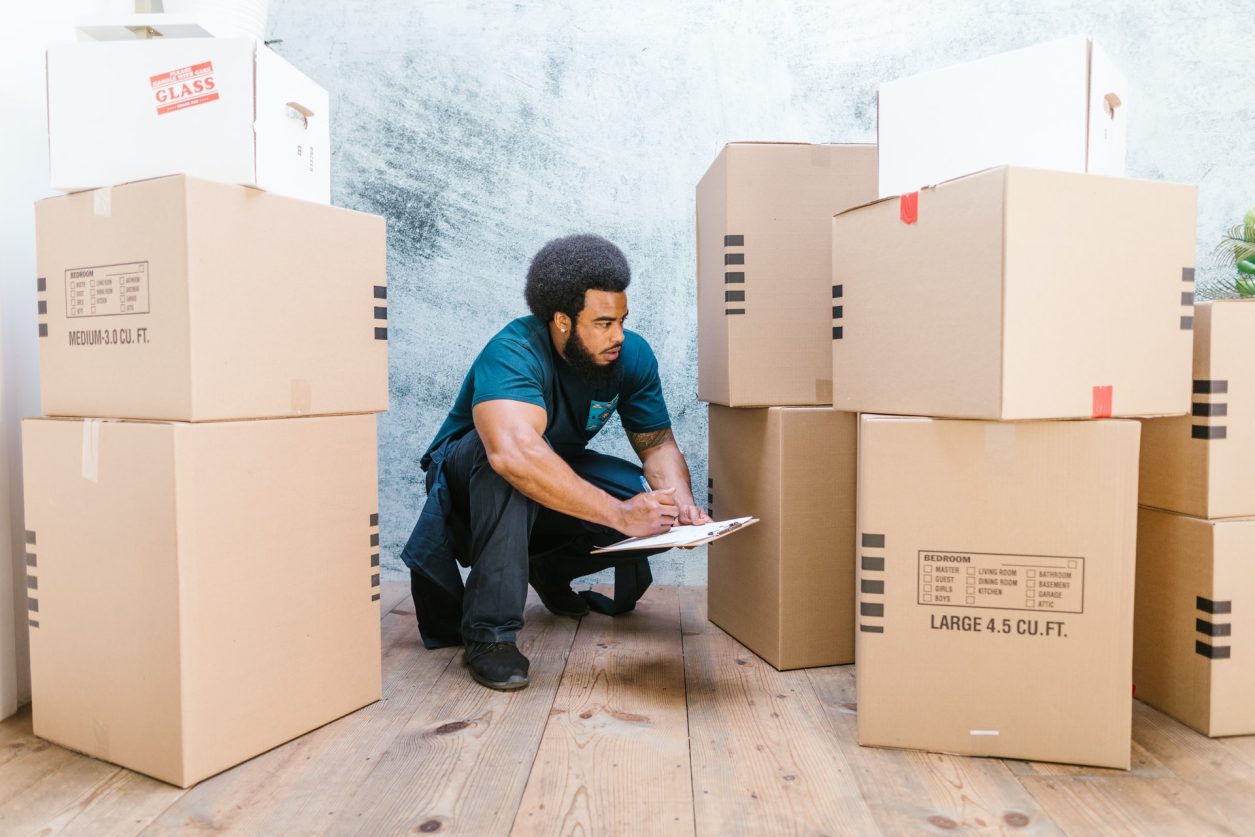
Most people only move house a handful of times in their life. This means that each time, they’re often having to relearn what they found out the hard way the last time. There are, however, some people who move home regularly. These people learn how to move with maximum efficiency and minimum stress. Here’s how they do it.
They stay on top of their belongings
People who move around a lot tend to be very good at streamlining their possessions. They keep what they need and what brings them joy. They get rid of everything else. If you know you’ve accumulated stuff you don’t need, then aim to start dealing with it as early as you can. Even if you’re only thinking about moving, you can still have a declutter.
They have a plan of action
More specifically, they have a written plan of action. This doesn’t have to be printed (although it sometimes helps). It does, however, need to be captured in a document or, more likely, a folder containing several documents. Your plan of action should answer the following questions.
- Who needs to be told about the move?
- When (or by when) do they need to know?
- What (and who) needs to be moved from where to where and (by) when?
- How and (by) when is each necessary action going to happen?
- What actions depend on what other actions?
- What resources do you have for your move?
- Do you need house moving storage?
Generally, the best way to put this document or folder together is to start at a high level and work your way down. For example, when thinking about who needs to be told, you could start with family and friends, your employer, service providers (including schools), clubs/membership organisations and online retailers. You would then drill down into more detail.
Once you have figured out what needs to be done, you can assess what actions depend on what other actions. This can go a long way towards avoiding bottlenecks, delays and stress later. You can also assess how much of the work you need to do yourself and how much you can, possibly even need to, delegate.
They secure important belongings
Important belongs means anything with legal, financial or important sentimental implications. As such, it can cover everything from birth certificates to photo albums. Basically, if there’s anything it would hurt you to lose, secure it early in the proceedings.
Put these items somewhere safe and leave them there until either you’re ready to move or you have moved. If you’re going to take the items with you when you move, take them yourself. Don’t put them in with your general possessions.
They think about what they’ll need for the week after their move
Make a list of everything you will need to get through the first week in your new home. As you pack, set relevant items aside in one, specific place. Take them with you when you move. Do not put them in with your general possessions.
Depending on your time and budget, either stock up on food you can prepare easily or budget for takeaways. Forget about doing any serious cooking until you are properly settled in.
They book movers if they can possibly afford it
If you only have a few belongings and you’re on a tight budget, you might want to hire a van and move your belongings yourself. Most people, however, will find using a reputable home-moving service will be more than worth the money. Book this as early as you can as these services tend to be in high demand.
It’s also worth investing in high-quality packing materials. They’re more likely to stand up to the rigours of moving. They also tend to be easier to use. For example, good-quality packing tape is much less likely to split and shred than lower-cost packing tape.







